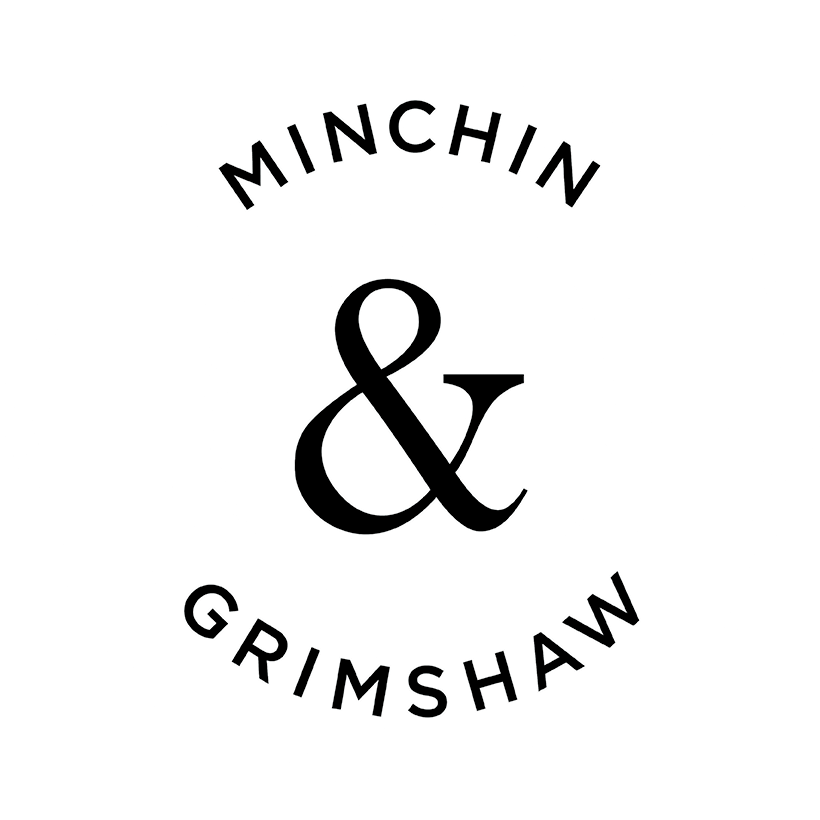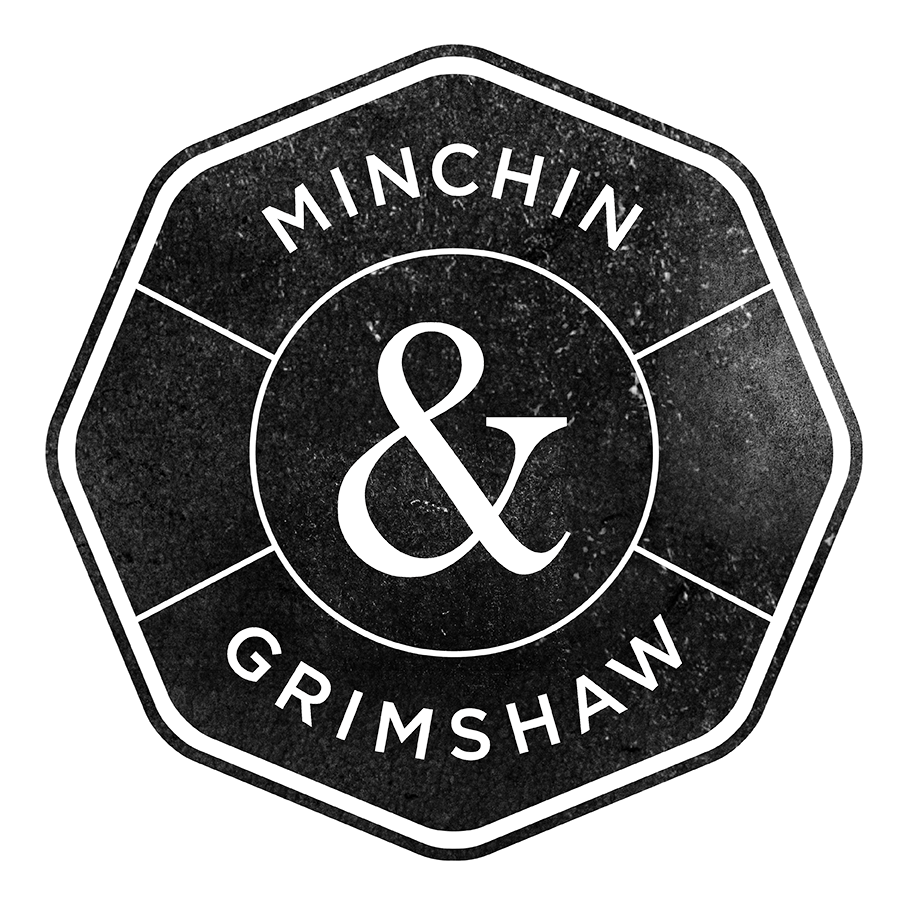
In-house marketing or outsourced? Your best results might come from a blend of the two.
From SME’s to multinationals, more and more businesses are embracing the idea of in-house marketing.
Over the past decade businesses have swung between the two but the changes in business’ structure and behaviour that have occurred over the last year are starting to make the move to in-house look like a more permanent adjustment.
For SME’s a dependence on in-house activity has pretty much gone with the territory. For a lot of young start-ups, marketing is in their blood. The founders of the business grew up on social media and social marketing is just one more natural step. Those same founders have an innate understanding of the digital world and promoting their business on line and establishing an eCommerce presence is second nature to them.
But the big boys are doing the same.
Traditionally a multinational client would pair up with a multinational agency and they would run a multinational campaign…worldwide. That isn’t happening quite so often.
Some global brands are establishing in-house marketing teams that replicate the advertising agency structure and offer the same services; research, planning and creative. Agencies are reacting to this by offering teams that are resourced with a particular project in mind; a new strategy, a new product launch or entering a new market.
Where do we stand on this?
We think there are advantages to both in-house and outsourcing and the clever client will pick and choose to get the most out of their budget.Two of the most often quoted advantages to an in-house resource are cost and control however, outsourcing means that you are only paying people when you need them and of all the industries that have embraced the gig economy, marketing is near the top of the list for just that reason.
Control sounds like a good thing too but sometimes marketing needs to slip the reins and do something different. That can be harder for in-house people to do.
In-house marketing departments can be fiercely loyal to their brand. They can live the brand, which is often the secret of great social marketing. Without the distractions of other clients they can focus on their brand and immerse themselves in it. They can deliver consistent messaging. These are all good things; we wouldn’t dispute that.
Of course, outsourced consultants have their advantages too.
Sometimes it’s easier for an outsider to be critical and it is true to say that you can’t solve a problem until you realise that you have one. Someone from outside the business often finds it easier to see the wood for the trees. They look at your business more in the way that a customer might and less as a proud and loyal employee.We are often called in to do an advertising and marketing audit and having the perspective of distance from the client company is key to this. It is almost impossible to do an accurate and honest audit in-house.
Similarly we are called in to look at a client’s brand and branding, very often after work has recently been done on this. If your brand is how a customer views your business then, once again, an outside perspective is key to this.
New product launches, moving into new markets, reacting to disruption in your existing market; these are all scenarios where outsourced marketing might serve you best.
M&G already works as a hybrid of a client’s in-house skills and our resource.
Almost all of our clients have some form of in-house marketing resource. That might be predominantly a design or web development team or might be a department with a broader focus.
Our experience is that working with those individuals or that team is the best way to see our thinking carried through to real world use. We find that the client’s employees pick up skills from working with us and we gain a deeper understanding of the client’s business from working with them.
Looking just a little way into the future this hybrid way of working is set to become the norm and it is most gratifying that M&G, and our clients, saw its advantages early on.


